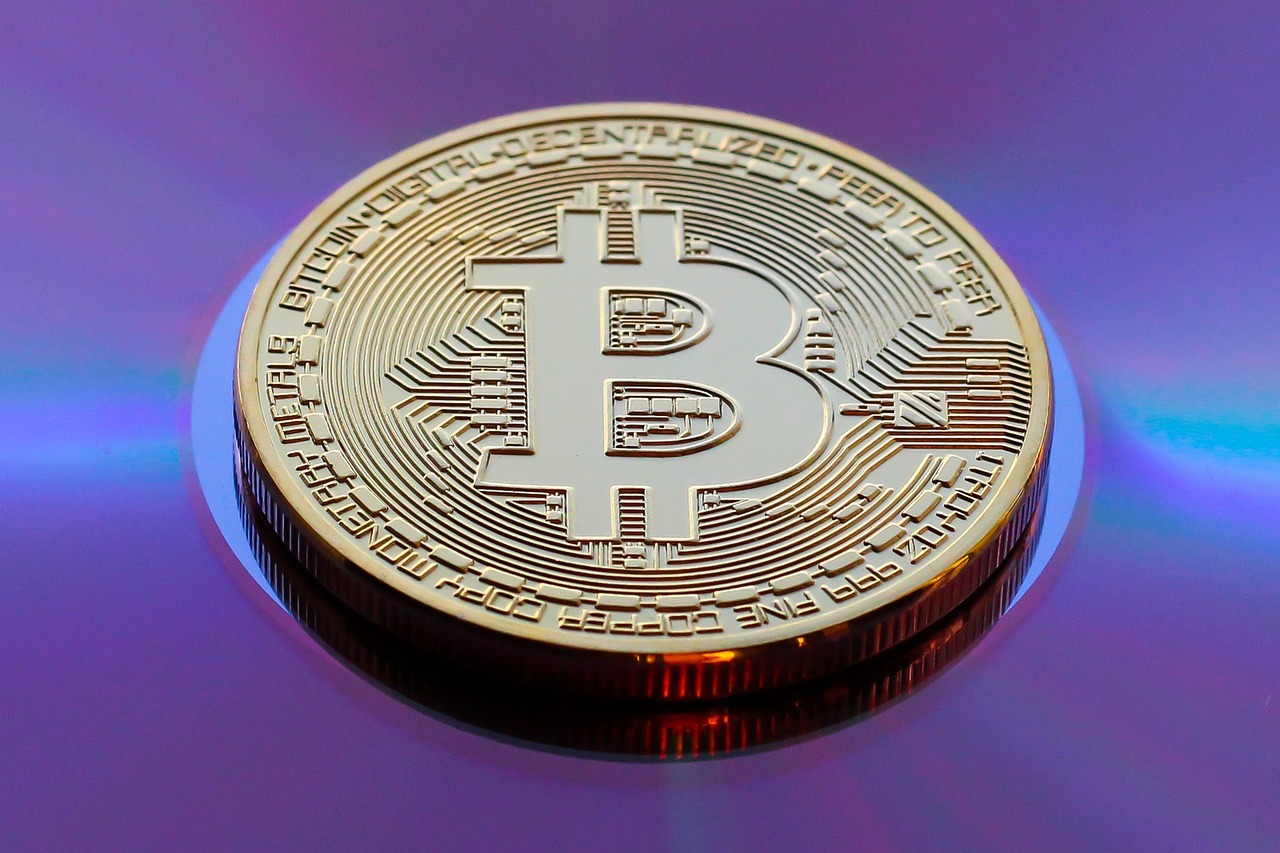Bitcoin Reserve Bill Fails in Utah, But Arizona and Texas Press On
10.03.2025 14:00 1 min. read Alexander Stefanov
Utah recently advanced its "Blockchain and Digital Innovation Amendments" bill, HB230, to include Bitcoin in the state’s legal framework, yet a pivotal section was revised before its final passage.
Initially, the bill aimed to establish Utah as the first state in the U.S. to create a state-backed Bitcoin reserve by allowing the Treasury to invest a portion of funds into digital assets, provided their market value exceeded $500 billion.
This provision was ultimately removed during the legislative process.
The current version of the bill instead focuses on safeguarding essential cryptocurrency rights for Utah residents, such as the ability to store, mine, stake, and run nodes for Bitcoin.
While Utah’s effort to create a Bitcoin reserve has been halted, other states, such as Arizona and Texas, are making progress with similar bills, with 25 out of 31 proposed Bitcoin reserve bills still active across the country, including those from Illinois, New Hampshire, and Ohio.
-
1
Ethereum Loses Retail Momentum as Bitcoin Pulls Ahead
20.06.2025 21:00 1 min. read -
2
Corporate Bitcoin Buying Accelerates as Firms Raise Billions to Stack BTC
22.06.2025 15:00 2 min. read -
3
Retail Mood Turns Sour—And That Could Be Bullish for Bitcoin, Says Analyst Firm
21.06.2025 19:00 1 min. read -
4
Here is What Robert Kiyosaki Expects From Bitcoin Until 2030
20.06.2025 20:00 1 min. read -
5
Strategy Scoops Up Another 10,100 Bitcoin, Treasury Nears 600K BTC
16.06.2025 16:15 1 min. read
Which Is the Next Bitcoin Price Target?
Bitcoin could be on the verge of another major breakout as institutional inflows return to levels that historically trigger rapid price acceleration.
Bitcoin Enters new Discovery Phase as Profit-Taking Metrics rise and outflows dominate
According to on-chain analyst Darkfost, Bitcoin is entering a new stage of on-chain behavior marked by two key developments: a rare third peak in the SOPR Trend Signal during a single bull cycle and a sustained outflow dominance in exchange flows.
This Week in Crypto: Whale Accumulation, Ethereum Signals, and a Sentiment Shake-Up
According to the latest Santiment report, the crypto market is entering a critical phase, with a mix of bullish on-chain signals and cautionary sentiment indicators.
Mysterious $8.6B Bitcoin Transfer Sparks Speculation Over Satoshi-Era Wealth
In a stunning on-chain event that has reignited curiosity across the crypto community, more than $8.6 billion worth of Bitcoin linked to the network’s earliest years—commonly referred to as the “Satoshi era”—was quietly moved on Friday in what analysts believe is the largest single transfer of early-mined BTC ever recorded.
-
1
Ethereum Loses Retail Momentum as Bitcoin Pulls Ahead
20.06.2025 21:00 1 min. read -
2
Corporate Bitcoin Buying Accelerates as Firms Raise Billions to Stack BTC
22.06.2025 15:00 2 min. read -
3
Retail Mood Turns Sour—And That Could Be Bullish for Bitcoin, Says Analyst Firm
21.06.2025 19:00 1 min. read -
4
Here is What Robert Kiyosaki Expects From Bitcoin Until 2030
20.06.2025 20:00 1 min. read -
5
Strategy Scoops Up Another 10,100 Bitcoin, Treasury Nears 600K BTC
16.06.2025 16:15 1 min. read


